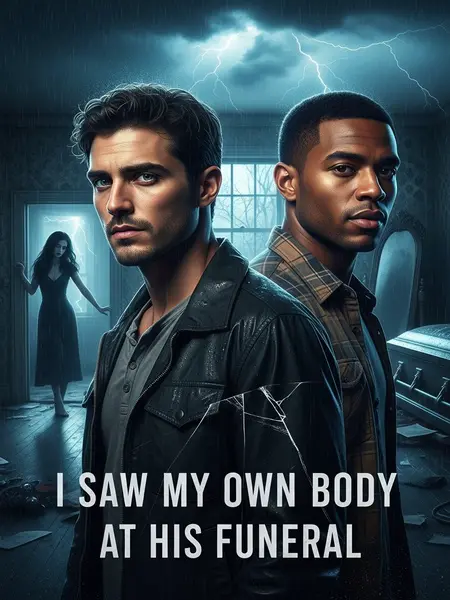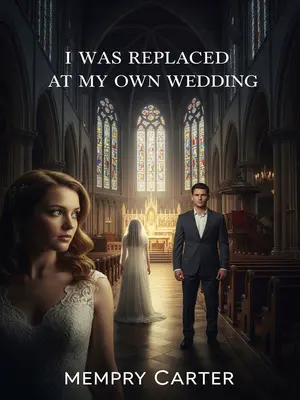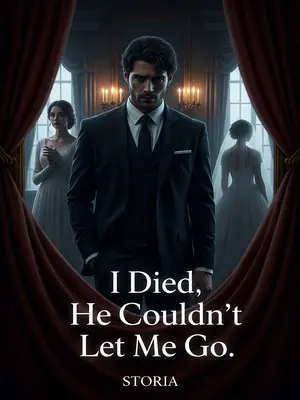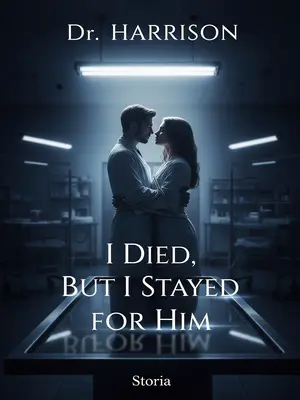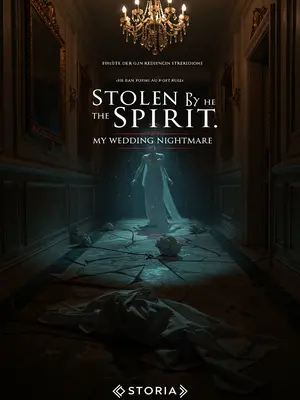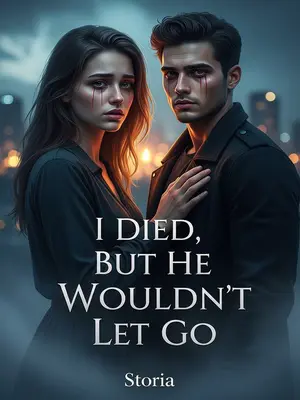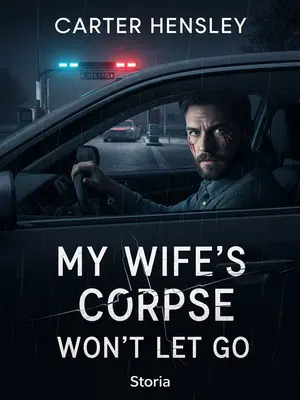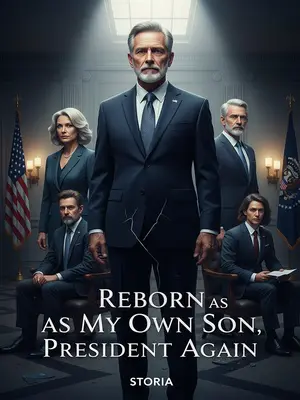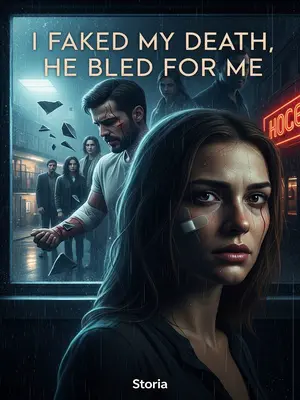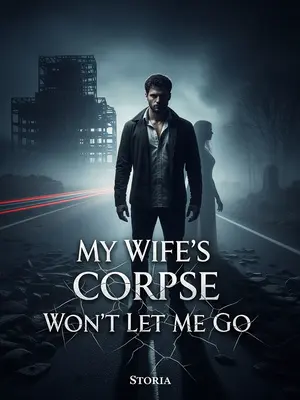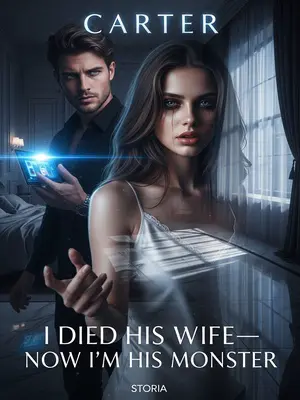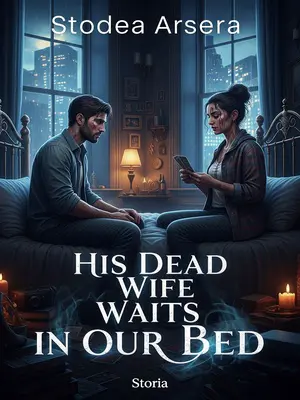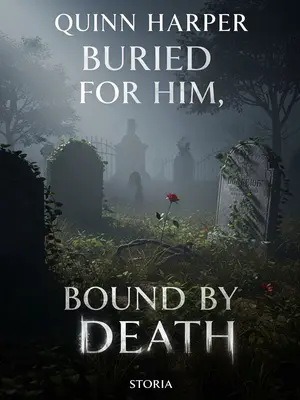Chapter 1: The Corpse in My Image
I clear out haunted houses for a living. Some folks call me a paranormal consultant, but most days, I just think of myself as the guy who gets called when things get weird. My mentor once told me there are three taboos in this line of work: never judge the road outside a client’s door, never try to read life and death, and never inspect family burial plots. Those rules sounded superstitious at first, but they stuck with me. I always wondered who broke them first—and what happened after.
Some folks might laugh off those rules, but in this business, you learn real quick that sometimes, a little superstition is all that stands between you and a night you’ll never forget. My mentor, old Mr. Walker, used to say it with a cigarette dangling from his lips, his voice always rough, like he was half warning, half growling at me. Those words stuck with me longer than any textbook ever did. Funny how the warnings you almost ignore are the ones that come back to haunt you.
I hadn’t seen Travis in years, but the look in his eyes said everything. Then my childhood friend Travis showed up, asking for help with his family’s old house.
He showed up at my place looking like he hadn’t slept in a week, worry etched deep into the lines of his face. The kind of look that said he’d tried everything else before coming to me. Guess that’s just how it is. Nobody ever calls the ghost guy first.
When I arrived, a funeral was in progress.
The air was thick with the scent of rain and old flowers. Folks moved slow, their voices hushed, as if the house itself was holding its breath. I felt the weight of a hundred eyes as I stepped inside, my boots tracking in the mud from the yard. Couldn’t shake the feeling something was off.
A body lay in the center of the living room, following a family tradition: covered with a faded yellow comforter and a red blanket, with a prayer card on top.
The living room had that musty, lived-in smell, like old books and stale coffee. The comforter looked like something someone’s grandma kept folded at the end of the bed for decades. The red blanket still popped against the pale hush of the room. That little prayer card felt almost out of place, like a note left behind by mistake.
A draft slipped in, lifting the card and revealing a face tinged bluish-gray.
The wind rattled the windows, and the lights flickered for a second. I watched the card flutter up, like a warning flag. The face beneath was familiar, but wrong—skin the color of storm clouds, lips tinged purple. My stomach turned.
I looked—just a glance—and every hair on my body stood on end.
My heart stuttered. The room seemed to tilt, the voices around me blurring into static. For a second, I couldn’t breathe. The world narrowed down to that face. Time stopped. I swallowed hard.
The person lying there was me.
Not a twin, not a trick of the light. My own features, staring back at me, mouth slack, eyes half-open. No. That can’t be. It was like staring into a funhouse mirror and seeing the end credits roll.
Autumn rain poured all day, wind and water lashing the house, cold as if laced with ice.
The weather had a mean streak that night, slashing at the windows, seeping through every crack. I could feel the chill in my bones, the kind that makes you ache for summer. I needed something warm. Anything to chase away the cold.
I peeled off my soaked jacket, took a quick shower, and made a cup of ramen for dinner.
The shower was lukewarm at best, but it did the job. The ramen was the cheap kind, salty and comforting, steam curling up in little ghostly tendrils. I sat on the edge of my bed, bowl in hand, letting the warmth seep back into my fingers. For a minute, it almost felt normal.
I’d barely eaten two bites when someone pounded on the door.
The knocking was frantic, heavy enough to rattle the picture frames on the wall. My chopsticks froze halfway to my mouth. My heart jumped into my throat.
“Who is it?”
I tried to keep my voice steady, but it came out sharper than I meant. Old habits from living alone die hard. My mind raced—nobody visits at this hour.
“Aaron, it’s Travis!”
I felt relief and worry knotted up inside me. I set the bowl down, wiped my hands on my jeans, and headed for the door. My pulse was still racing.
Through the peephole, I saw his face, pale from the cold, hair plastered to his forehead, dripping water everywhere.
He looked like hell. Like he’d been fighting the rain and losing. His breath fogged the glass, and he shivered in his thin jacket. He looked so small, hunched in the hallway.
I opened the door and handed him a towel.
He took it with a grateful nod, rubbing his face and hair, water pooling at his feet. I grabbed another towel and tossed it over his shoulders. For a second, he looked like a lost kid again.
He looked wrecked—eyes bloodshot. Shivering, he curled into the corner of the couch.
He hugged the towel to his chest, knees drawn up, staring at the floor like he was searching for answers in the carpet fibers. The silence stretched between us, heavy and awkward. I waited, letting him find his words.
“Aaron, I need you to check out the house. Please.”
His voice cracked, barely more than a whisper. He didn’t look up, but I could hear the desperation in every syllable. It cut right through me.
Afraid I’d say no, he quickly added, “I know this kind of thing isn’t cheap. Don’t worry, I’ll make it worth your while.”
He fumbled in his pocket, pulling out a crumpled envelope, but I pushed his hand away. Money wasn’t the point, not with Travis. Not ever.
Travis was my childhood friend. My parents died young, so I grew up with my granddad.
Back in those days, my granddad was all I had. He taught me how to fish, how to patch a roof, and how to keep my head down when folks started whispering. Travis was the only kid who didn’t treat me like I was contagious. He was family, in all the ways that matter.
People in town always said I brought bad luck, and even the kids had a rhyme: “Trouble boy, always crying, brings bad luck wherever he goes…”
Still stings, even now. I could almost hear them chanting on the playground, the way they’d point and laugh, like I was some walking omen.
Only Travis would chase them off, and he’d sneak me eggs from his mom’s chickens to take home to my granddad.
He’d show up with a brown paper bag, grinning, acting like he was just sharing a snack. We’d sit on the porch, legs dangling, swapping stories while the sun set behind the pines. Those were the good days.
Back then, nobody had much, and unless it was Thanksgiving or Christmas, we rarely had meat. Eggs from backyard hens were the best we got.
Those eggs tasted like gold. I’d watch Granddad fry them up slow, saving the yolks for me. Sometimes, I still dream about those breakfasts—simple, warm, safe. Nothing fancy, but it meant everything.
A few years later, I left town with my mentor.
Mr. Walker showed up in an old Ford, the backseat packed with books and tools. He saw something in me that no one else did. I left with a duffel bag and a heart full of hope, promising Travis I’d write. Leaving was hard, but I thought I’d find my place out there.
At first, I kept in touch with Travis by letter, but over time, we lost contact.
Life got busy. Letters came less often, then not at all. I always meant to reach out, but somehow, the years just slipped by. Funny how that happens.
Now he’d come to find me. Both out of friendship and common sense, I should’ve agreed, but I hesitated.
There was a knot in my stomach, a warning bell clanging somewhere deep inside. Some jobs just feel wrong before you even start. My gut had never steered me wrong before.
Outside, the wind and rain howled. A sudden crack of thunder rattled my chest, like something inside me wanted to break free.
The whole apartment seemed to vibrate, the lights flickering for half a second. I gripped the edge of the couch, knuckles white, fighting the urge to bolt. Something about this felt bigger than either of us.
